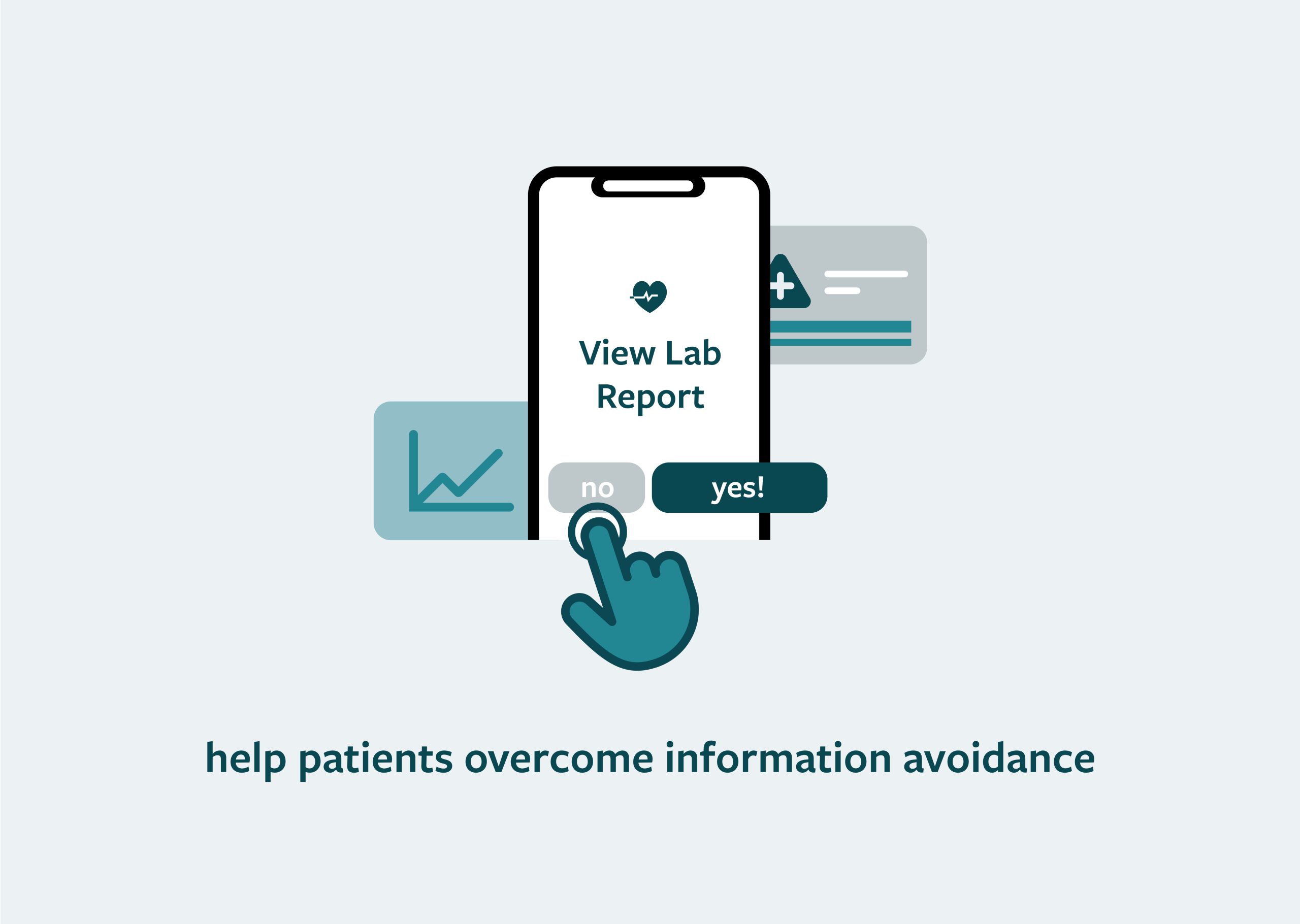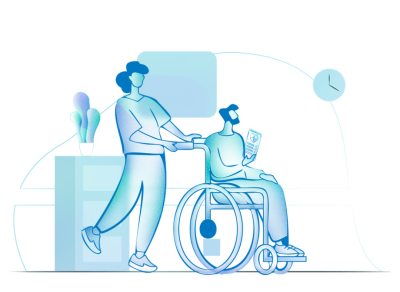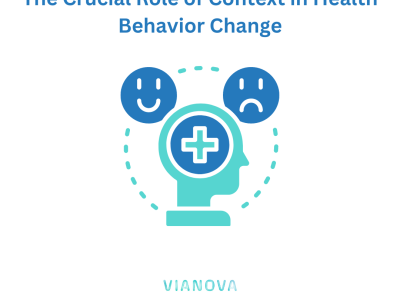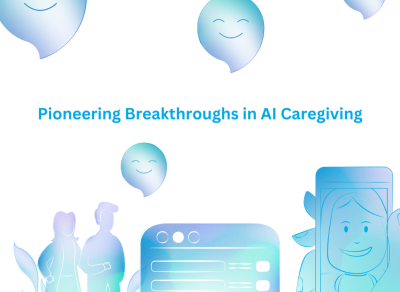
Overcoming Information Avoidance: A Behavioral Approach to Revolutionize Healthcare
In our fast-paced world, information is abundant and readily accessible. Yet, individuals often display a natural tendency to avoid certain information, especially when it may challenge their beliefs or create discomfort. This phenomenon, known as “Information Avoidance,” is particularly pertinent in the realm of healthcare, where vital decisions impact lives directly. By understanding and addressing information avoidance through a behavioral lens, healthcare providers can usher in transformative changes, enhancing patient outcomes and overall wellbeing.
The Impact of Information Avoidance in Healthcare
Information avoidance can manifest in various ways in healthcare settings. Patients may overlook critical health updates, delay seeking medical advice, or fail to adhere to prescribed treatments due to unease or fear of confronting their health conditions. Biased perspectives and misinformation can further exacerbate the problem, hindering individuals from making informed choices about their health.
The consequences of information avoidance in healthcare can be severe. Patients might miss crucial preventive measures, overlook early signs of illness, or forego necessary interventions, leading to suboptimal health outcomes. Addressing information avoidance becomes imperative to improve patient engagement, compliance, and overall healthcare efficiency.
Behavioral Solutions: Unleashing the Potential of Healthcare
Understanding and countering information avoidance require a behavioral approach to healthcare. Here’s how adopting behavioral strategies can revolutionize patient care:
1. Building Trust and Engagement: Healthcare providers must establish a trusting relationship with patients, fostering open communication and genuine empathy. By creating a safe space for patients to express their concerns, providers can address potential information avoidance barriers effectively.
2. Tailored Communication: Employing personalized communication strategies is crucial to engage patients and facilitate their understanding of health information. By delivering information in a patient-centric manner, providers can bridge the gap between information and action.
3. Empowering Shared Decision-Making: Informed patients are more likely to participate in their healthcare decisions actively. Emphasizing shared decision-making empowers patients to take ownership of their health, reducing the tendency to avoid essential information.
4. Nudging Positive Behaviors: Behavioral nudges can significantly impact health-related choices. Providers can leverage technology to offer timely reminders, prompt healthier habits, and encourage patients to stay on track with their care plans.
5. Leveraging Health Technology: Remote Patient Monitoring (RPM) and Chronic Care Management (CCM) solutions equipped with behavior AI hold immense potential to overcome information avoidance. By integrating real-time data and personalized insights, these platforms empower patients to actively manage their health.
The Road Ahead: Embracing Behavioral Change in Healthcare
As healthcare providers, embracing behavioral change is essential to address information avoidance effectively. By recognizing the nuanced factors that influence patient decision-making, we can tailor interventions to promote healthier behaviors and improve healthcare outcomes.
A collaborative effort between patients and providers, supported by behavior-focused RPM and CCM platforms, can lead to a transformative healthcare experience. Breaking down the barriers of information avoidance fosters a future where patients are actively engaged, well-informed, and empowered to make decisions that positively impact their lives.
Together, let us harness the power of behavioral strategies to shape a healthier, more informed world of healthcare, where every individual receives the personalized care they deserve. By confronting information avoidance head-on, we can revolutionize patient care and unlock the true potential of a behavior-focused approach in healthcare.



FEEL FREE TO DROP US A LINE.